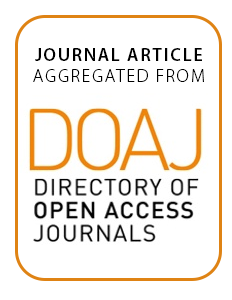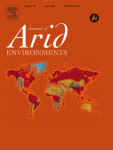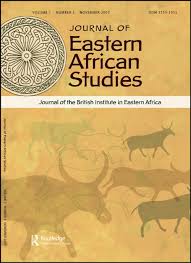Application and Consultation process for mining rights: Department of Mineral Resources performance and challenges
The Department of Mineral Resources (DMR) has nine regional offices and three satellite offices. It explained that there were business processes in place to guide the application and consultation process. It emphasised that the primary duty to consult rested with an applicant for a mining permit and a prospecting, exploration, production or mining right. Applications for rights and permits were lodged online using the South African Mineral Resources Administration System (SAMRAD).






